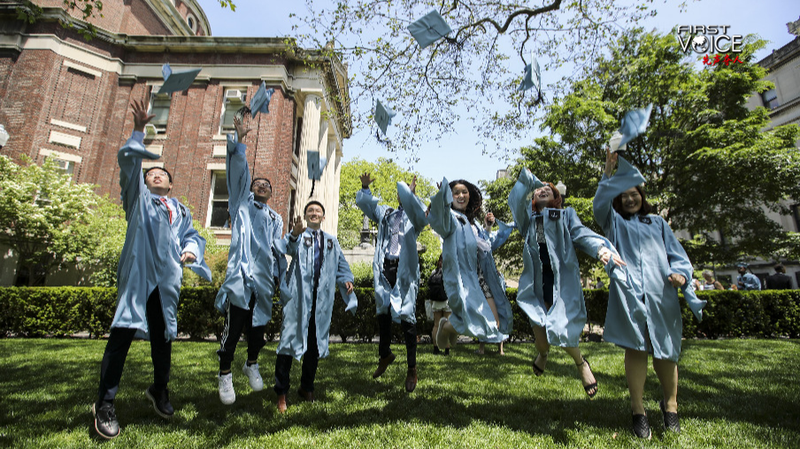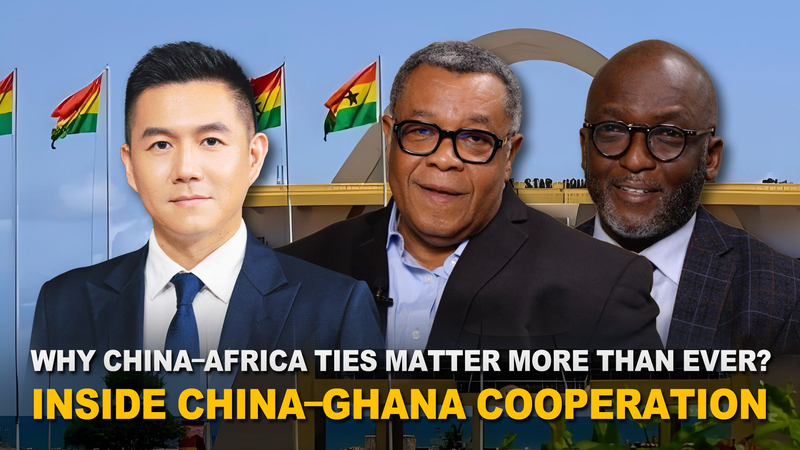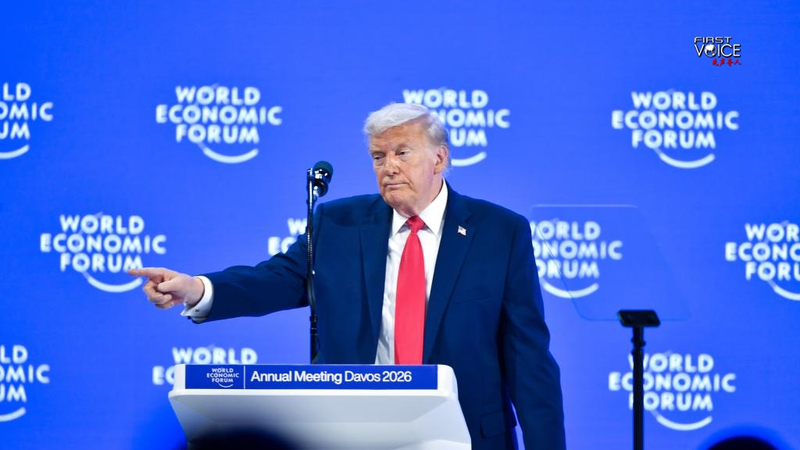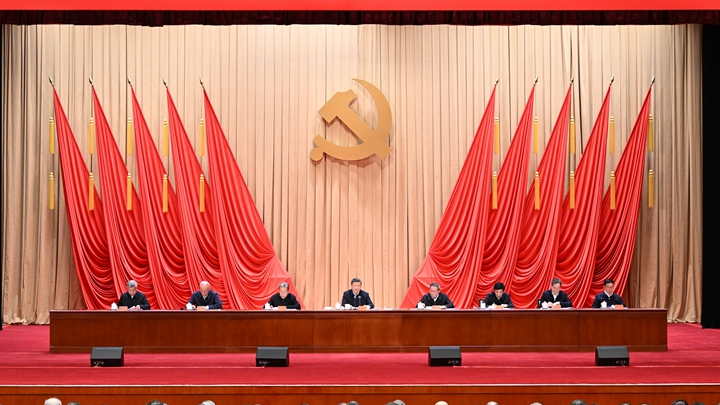Recent developments in U.S. visa policy have raised eyebrows among global tech and academic communities. In a swift move, the U.S. Department of Homeland Security revoked Harvard University's certification to enroll international students, and U.S. Secretary of State Marco Rubio vowed to "aggressively revoke" visas of Chinese students. This decision appears to be part of a broader "America First" strategy intended to curb rival advances in technology and innovation.
Critics warn that this heavy-handed approach may have unintended boomerang effects. By targeting Chinese students—especially in critical fields like semiconductor technology, aerospace, and advanced sciences—the policy could disrupt international academic collaboration and weaken leadership in science and tech. As former U.S. ambassador to China Gary Locke noted, "America has always thrived by welcoming the brightest minds from around the world." Shutting the door on innovative talent may ultimately undercut the nation’s competitive edge.
For young professionals and tech enthusiasts in South and Southeast Asia, where vibrant hubs in Singapore, Bangalore, and Jakarta thrive on global collaboration, this move is a cautionary tale. Our region celebrates diversity and the free exchange of ideas, both essential for breakthroughs and progress 🚀.
While national security concerns have been cited, many worry that these measures could backfire, stifling the very innovation they aim to protect 🤔. In today’s interconnected world, ensuring academic openness is key to sustaining global progress.
Reference(s):
cgtn.com




